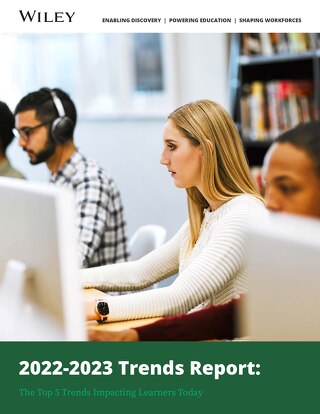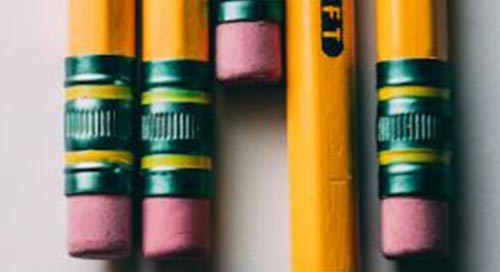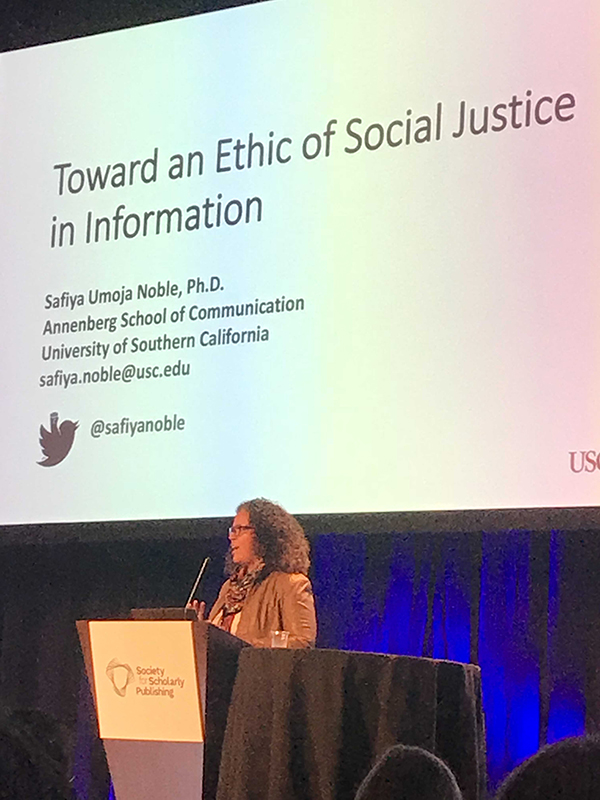advancing-research-integrity-collaboratively-and-with-vigour
September 29, 2022
Research integrity is the backbone of scholarly publishing, and publishers play a pivotal role in delivering it. Wiley and Hindawi are focused on publishing research that drives our world forward and amplifying the important work done by scholars around the globe. This is our unwavering commitment.
In June, the Hindawi Research Integrity Team identified irregularities in the peer review process in a small number of journals by leveraging new analytical capabilities underlying the reviewer activity database. All Hindawi journals employ a series of substantial integrity checks before articles are accepted for publication. Following thorough investigation, we identified that these irregularities in the peer review process were the result of suspicious and unethical activities. Since identifying this unethical activity and breach of our processes, we began proactively adding further checks and improving our processes and continue to do so.
As a result of our initial investigation, we will be retracting 511 papers published since August 2020 across 16 journals due to unethical practices that undermine well-established research integrity norms. For the avoidance of doubt, we want to confirm that this action does not implicate every author and/or editor who contributed to the articles that are retracted, as they may have been unwitting participants in the concerning practices.
Our Research Integrity teams are working around the clock to stop the abuse of our systems and processes, and we will continue our efforts to protect our authors, editors, and reviewers. As our investigation progresses, we anticipate more retractions.
These breaches mark a continuation of unethical activity the publishing industry is increasingly experiencing over the past two years that attack and disrupt the trust and scientific validity that are essential to the research process. Such activities represent a major and ongoing challenge for the entire scholarly publishing industry and all who rely on the integrity of the scholarly record. In this case, we are encountering manipulation of the peer review process and the infrastructure that supports it. These efforts, and the individuals who participate in them, impede scientific discovery, and impact the validity of scholarly research, and will not be tolerated.
The strength of our community and commitment to collaboration remain our greatest assets. To this end, we have already spoken to several publishers including Taylor & Francis and Emerald amongst others, as well as industry bodies including the STM Association. We will continue to share findings with our peers and the wider industry in order to advance a cross-industry approach and to stop anyone from jeopardizing the integrity of scientific research being published.









